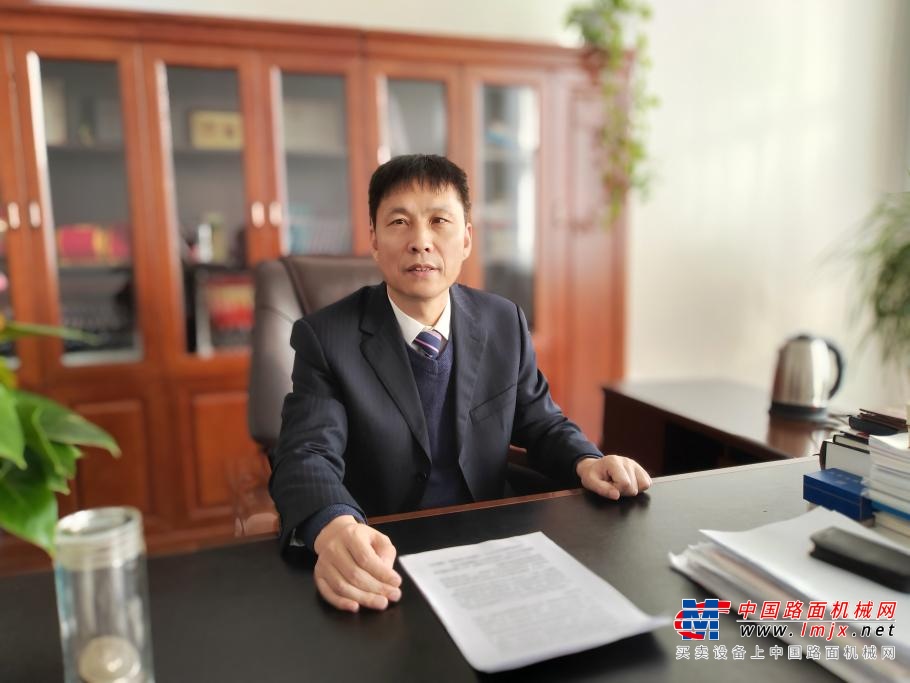中央媒体走基层|《中国日报》Yunnan sprouting into nation's 'vegetable basket'



Yunnan sprouting into nation's 'vegetable basket'
Poverty alleviation model expanded to enrich one of China's most fertile provinces
Long known for its breathtaking landscapes and ethnic diversity, Southwest China's Yunnan province is emerging as a national leader in specialty agriculture, transforming its once-impoverished rural regions into engines of economic renewal.
From sweet apples in Zhaotong to traditional cured meats in Xuanwei and leafy vegetables in Luliang, the highlands are cultivating not only crops, but also opportunities for the 88 counties in the province that have been lifted out of poverty.

Farmers pick apples at a production base of Zhaotong Chaoyue Agriculture in Zhao tong, Yunnan province. XU JING/FOR CHINA DAILY
Fruitful harvest
Perched on the Yunnan-Guizhou Plateau and located in the heartland of the Wumeng Mountains in the northeast of the province, Zhaotong was once a city with the largest impoverished population in China.
Now, it is Southwest China's largest producer of apples thanks to its low latitude, high elevation, generous sunshine and dramatic daily temperature swings. These ideal growing conditions have made Zhaotong's apples sweet, crisp and nationally recognized.
With nearly 66,700 hectares under cultivation, Zhaotong harvested 1.3 million metric tons of apples last year, generating a revenue of 15 billion yuan ($2.07 billion). The apple industry has directly benefited 138,000 households, touching the lives of over half a million residents, according to local officials.

Two farmers divide apples of various sizes into different categories at an orchard in Zhaotong in September. CHEN XINBO/XINHUA
In April of last year, apples from Zhaotong made headlines when they were included in the fresh food supply aboard the Shenzhou XVIII spacecraft.
A major individual orchard in Zhaotong's Zhaoyang district covers 6,670 hectares with 118 apple varieties, one of the largest of its kind. Yang Longjiang, director of the district's industry development center, said advanced agricultural techniques learned from New Zealand and elsewhere are yielding world-class results.
"The orchard applies dwarf root-stocks that yield fruit faster and uses an integrated drip irrigation system that can precisely deliver water and fertilizer, conserving precious resources," Yang said.
"Combined with monthly wages from working at the base, we can earn 80,000 yuan a year and live a better life," said Ding Kaiwen, a former tobacco farmer who works in the orchards with his wife. Their family also receives an annual land lease payment of 14,400 yuan.
The district's agricultural officials report that formerly impoverished households have seen average income increases of 4,800 yuan thanks to the apple boom.
Branding has also played a crucial role in the success of the local apple industry. The Zhaoyang Red, one of the region's signature apple brands, has earned 93 green food and multiple organic certifications, paving the way for exports to the United Arab Emirates, Thailand and beyond.
Premium supermarket chains such as Sam's Club and Freshippo stock Zhaotong apples, selling at 8 to 14 yuan per kilogram. Orchard tourism and fruit-picking festivals have also emerged to breathe new life into local economies.
High-tech ham
Xuanwei ham, a dry-cured specialty with a legacy dating back centuries, is another Yunnan food specialty that has found its place on the dinner tables of Chinese consumers. It sits alongside Italy's Parma ham and Spain's Iberico ham. In 2023, the pig farming and ham industry in Xuanwei generated over 18.5 billion yuan, producing nearly 70,000 tons of ham and lifting thousands of households out of poverty.

Cured meats are air-dried at a production base of local manufacturer Lap-Jon Ham in Xuanwei, Yunnan province. [Photo provided to CHINA DAILY]
Zhou Jianmei, quality control manager at leading brand Lap-Jon Ham, recalls the moment they realized tradition alone wouldn't be enough. "We knew the quality of our pigs was top-tier, but our production chain lagged behind Europe. So we went there to learn."
Inspired by European models, Lap-Jon Ham invested 360 million yuan into advanced facilities, importing Italian fermentation systems and automating the aging process to allow year-round production.
A modern factory capable of producing 3,200 tons of premium ham annually has been built, alongside salami and ham-filled pastries. Last year, the company reported an output value of 478 million yuan and created over 600 local jobs.
"We learned from the refined, standardized production processes abroad and adapted them to the unique characteristics of Xuanwei ham," Zhou said.
According to government data, over two-thirds of Xuanwei's 330,000 rural households are involved in pig farming. Their average incomes rose by 28,100 yuan in 2023, while 36,000 families previously living in poverty saw an average annual increase of 4,300 yuan.
Six "ham manors" in the city have further boosted income for 2,800 households and created more than 500 jobs, with average monthly wages hitting 4,500 yuan.
Zhou said the primary challenge now is popularization. While beloved in parts of southern China where cured meat has long been a traditional delicacy, Xuanwei ham remains unfamiliar in the country's north.
"When you mention 'ham' in the north, many people still think of processed sausage," she said, adding that better awareness among Chinese consumers in the future is expected to expand the market.
Leafy ambitions
The agricultural reinvention of Yunnan extends to the vast, fertile plains of Luliang county in Qujing, the largest flatland on the Yunnan-Guizhou Plateau.

A farmer harvests Chinese broccoli at a plantation in Luliang, Yunnan province, in January last year. WANG YONG/FOR CHINA DAILY
The unique geography and climate of the county in the east of the province have made it an agricultural powerhouse, and the thriving vegetable industry is feeding cities across China and reaching tables as far away as Dubai.
With 6,000 hectares of cultivated land yielding 2.45 million tons of vegetables in 2023, Luliang generated 7 billion yuan, nearly half the county's total agricultural output.
The region has an average annual temperature of 15.2 C, a frost-free period of 335 days, fertile soil and abundant water resources, making year-round production of vegetables possible.
"Thanks to these favorable natural conditions, we can grow a wide variety of fresh, eco-friendly vegetables all year round," said Zhang Raofang, deputy director of Luliang's agriculture and rural affairs bureau.
Italian lettuce, romaine, napa cabbage and Shanghai bok choy are among the stars of the leafy industry. About 93 percent of its harvest is shipped to markets from Beijing to Dubai, Zhang said.
Advanced infrastructure has contributed to the success of the industry. Home to Southwest China's largest cold-chain logistics park, the county dispatches 10,000 tons of vegetables daily, serving the Guangdong-Hong Kong-Macao Greater Bay Area and elsewhere. In 2023, its import-export vegetable trade reached $5.16 million, a 237 percent year-on-year increase.
"The lettuce grown here is thick, crisp and of excellent quality," said Zhang Zixiong, chairman of Yunnan Yuanheng Agricultural Development Corp. His company manages 180 hectares and works with local farmers on another 1,333 hectares.

Farmers reap seasonal vegetables in a field in Luliang in May. WANG YONG/XINHUA
The company recently expanded its export markets to Southeast Asia and the Middle East and has hired young college graduates majoring in foreign languages to help manage its business overseas.
Huang Hongdong, a major vegetable producer in the county, cultivates 6.67 hectares of Chinese arrowhead (Sagittaria sagittifolia), an aquatic tuber known as cigu in Chinese. "Half of our products now go to Malaysia. They really value the taste and quality," Huang said.
The vegetable industry employs 210,000 people in Luliang, from planting and processing to packaging and transport, boosting average household incomes by over 28,000 yuan a year, according to Zhang from the agriculture bureau.
As demand for safe, high-quality vegetables grows, Luliang is playing a greater role in both China's national "vegetable basket" and the global food supply chain, he added.
This year marks the final stage of a five-year transition period aimed at consolidating the gains made in poverty alleviation and ensuring a seamless shift toward rural vitalization.
By cultivating high-quality agricultural specialties and expanding access to broader markets, residents in some of Yunnan's formerly poor regions have not only emerged from poverty but are embracing sustainable opportunities for long-term improvement in their lives.
来源:中国日报


(责任编辑:休闲)
-
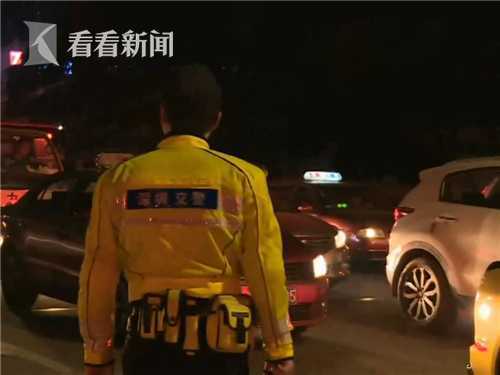 孕前饮食清淡素菜做法窍门孕前饮食对于准备怀孕的夫妇来说至关重要。一个健康的饮食习惯有助于提高受孕的几率,同时也有利于胚胎的健康发育。清淡素菜成为了越来越多准备怀孕的人们的首选,因为它们富含营养,易于消
...[详细]
孕前饮食清淡素菜做法窍门孕前饮食对于准备怀孕的夫妇来说至关重要。一个健康的饮食习惯有助于提高受孕的几率,同时也有利于胚胎的健康发育。清淡素菜成为了越来越多准备怀孕的人们的首选,因为它们富含营养,易于消
...[详细]
-
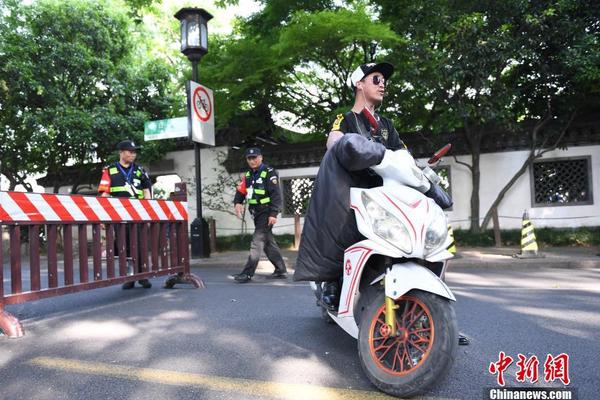 国家各部委针对养老诈骗开展专项行动,常见五类骗术 编辑:汤晓雪 来源
...[详细]
国家各部委针对养老诈骗开展专项行动,常见五类骗术 编辑:汤晓雪 来源
...[详细]
-
预计高级玻璃市场规模到2026年将达到953.695亿美元,国际动态
 据一项市场研究报告,预计全球高级玻璃市场到2026年将达到953.695亿美元。高级玻璃利用先进的原材料,如纯碱,天然气和硅砂和尖端技术。高级玻璃有各种类型,如夹层玻璃,钢化玻璃,镀膜玻璃和陶瓷玻璃等
...[详细]
据一项市场研究报告,预计全球高级玻璃市场到2026年将达到953.695亿美元。高级玻璃利用先进的原材料,如纯碱,天然气和硅砂和尖端技术。高级玻璃有各种类型,如夹层玻璃,钢化玻璃,镀膜玻璃和陶瓷玻璃等
...[详细]
-
 冬天已经到来,家长们理应为孩子备好亲肤保暖服饰,为了让妈妈们更好带娃,减轻安全顾虑,Carter's在童装的设计和生产上秉持了健康环保理念,采用品质至上原则使得童装亲肤又健康。在这一帧又一帧的户外探险
...[详细]
冬天已经到来,家长们理应为孩子备好亲肤保暖服饰,为了让妈妈们更好带娃,减轻安全顾虑,Carter's在童装的设计和生产上秉持了健康环保理念,采用品质至上原则使得童装亲肤又健康。在这一帧又一帧的户外探险
...[详细]
-
 清晨6点多,重庆轨道交通4号线石船站的站门刚打开,菜农们就背着装满蔬菜瓜果的背篓进站视觉中国/图)地铁的车厢里有好多菜5月末的初夏,对重庆郊区的菜农来说,是卖菜的好日子。天蒙蒙亮,重庆渝北城郊的太洪村
...[详细]
清晨6点多,重庆轨道交通4号线石船站的站门刚打开,菜农们就背着装满蔬菜瓜果的背篓进站视觉中国/图)地铁的车厢里有好多菜5月末的初夏,对重庆郊区的菜农来说,是卖菜的好日子。天蒙蒙亮,重庆渝北城郊的太洪村
...[详细]
-
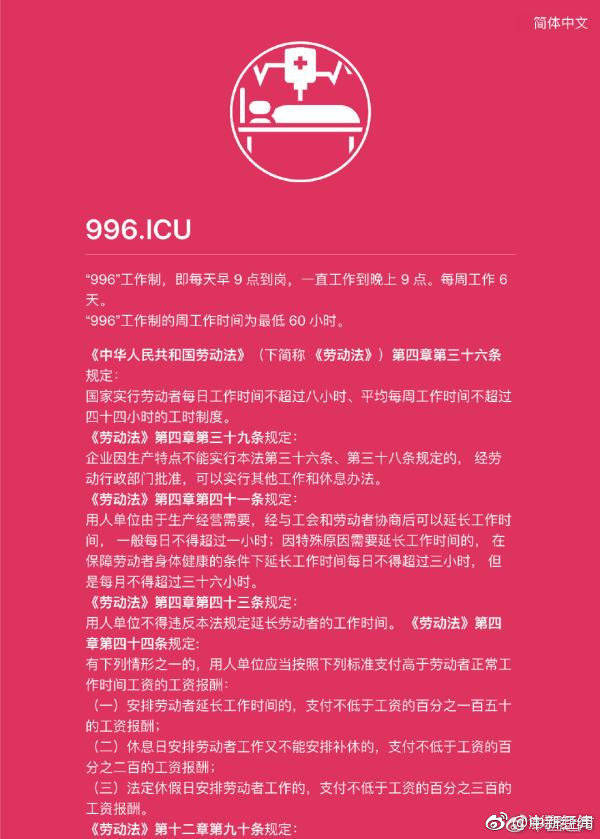 2020年8月6日中国玻璃综合指数1187.29点,环比上涨20.22点;中国玻璃售价趋势1223.92点,环比上涨22.16点;中国玻璃信心指数1040.78点,环比上涨12.45点。今天玻璃现货市
...[详细]
2020年8月6日中国玻璃综合指数1187.29点,环比上涨20.22点;中国玻璃售价趋势1223.92点,环比上涨22.16点;中国玻璃信心指数1040.78点,环比上涨12.45点。今天玻璃现货市
...[详细]
-
人人搶著擠進窄門,為何這些人卻一心求去?離開華爾街的4大原因|天下雜誌
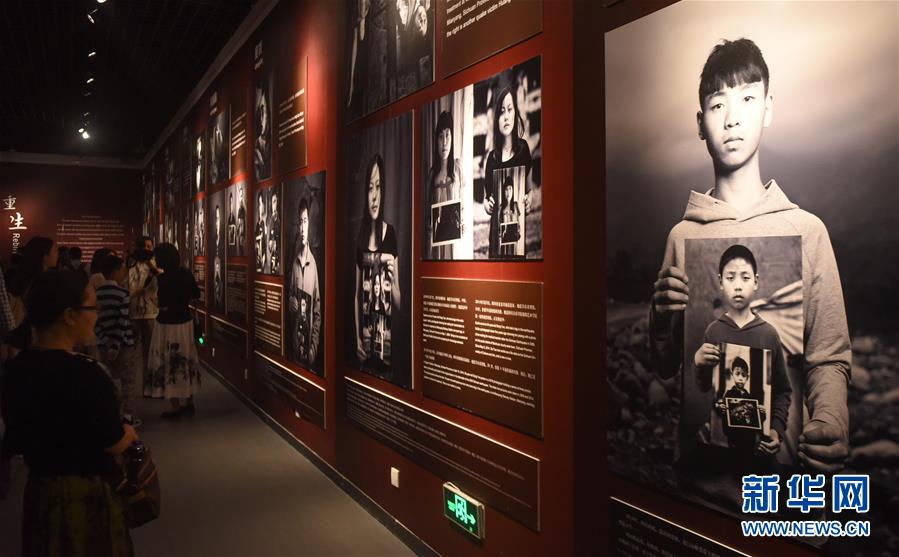 然而,當我待在華爾街的時間愈長,我就發現愈來愈多不對的地方。雖然這裡的體系表現上看起來非常合理與公正,但其實這裡也跟人類社會的其他所有體系沒有兩樣,充滿了各種副作用、矛盾與弊病。您的閱讀篇數已達上限立
...[详细]
然而,當我待在華爾街的時間愈長,我就發現愈來愈多不對的地方。雖然這裡的體系表現上看起來非常合理與公正,但其實這裡也跟人類社會的其他所有體系沒有兩樣,充滿了各種副作用、矛盾與弊病。您的閱讀篇數已達上限立
...[详细]
-
 有哪些适合手机版的3D建筑设计软件?手机版的3D建筑设计软件有AutoCAD 360、SketchUp Viewer、Morpholio Trace等,它们可以在手机上进行简单的建筑设计操作。如何在手
...[详细]
有哪些适合手机版的3D建筑设计软件?手机版的3D建筑设计软件有AutoCAD 360、SketchUp Viewer、Morpholio Trace等,它们可以在手机上进行简单的建筑设计操作。如何在手
...[详细]
-
 清晨6点多,重庆轨道交通4号线石船站的站门刚打开,菜农们就背着装满蔬菜瓜果的背篓进站视觉中国/图)地铁的车厢里有好多菜5月末的初夏,对重庆郊区的菜农来说,是卖菜的好日子。天蒙蒙亮,重庆渝北城郊的太洪村
...[详细]
清晨6点多,重庆轨道交通4号线石船站的站门刚打开,菜农们就背着装满蔬菜瓜果的背篓进站视觉中国/图)地铁的车厢里有好多菜5月末的初夏,对重庆郊区的菜农来说,是卖菜的好日子。天蒙蒙亮,重庆渝北城郊的太洪村
...[详细]
-
本週重點回顧:美國被降等、台灣PMI連5縮、室溫超導體熱是真的嗎?|天下雜誌
 7月31日起的這一週,美國信評被降、台灣7月PMI連續第5個月緊縮;日本央行調整殖利率曲線控制YCC)後,又2度進場干預市場。以下為本週你一定要關注的5大政經事件:您的閱讀篇數已達上限立刻訂閱全閱讀,
...[详细]
7月31日起的這一週,美國信評被降、台灣7月PMI連續第5個月緊縮;日本央行調整殖利率曲線控制YCC)後,又2度進場干預市場。以下為本週你一定要關注的5大政經事件:您的閱讀篇數已達上限立刻訂閱全閱讀,
...[详细]

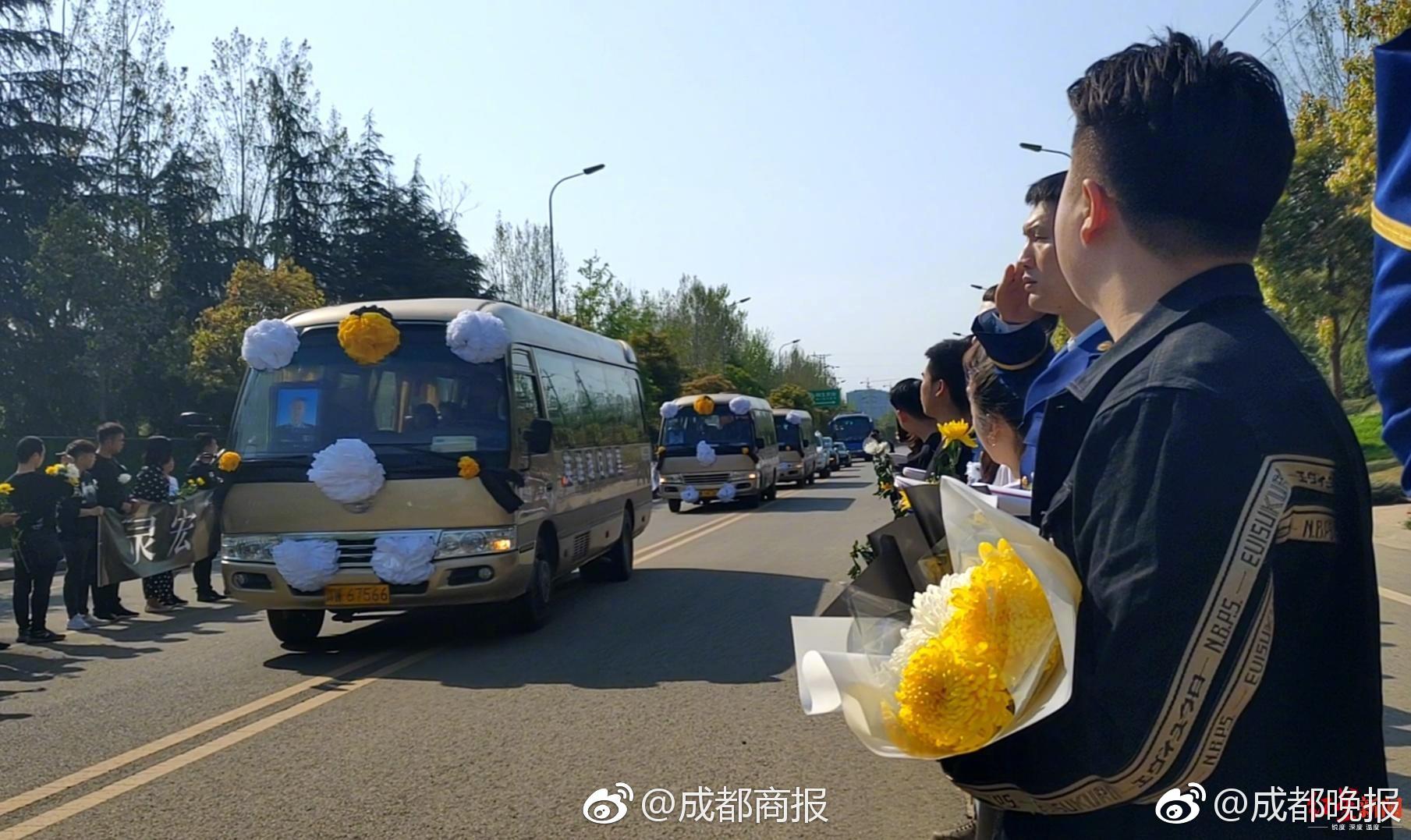 西昌书城联合多单位开展世界读书日系列活动
西昌书城联合多单位开展世界读书日系列活动 供需状况变化,市场价格承压!,市场研究
供需状况变化,市场价格承压!,市场研究 2020年8月6日中国玻璃综合指数,市场研究
2020年8月6日中国玻璃综合指数,市场研究